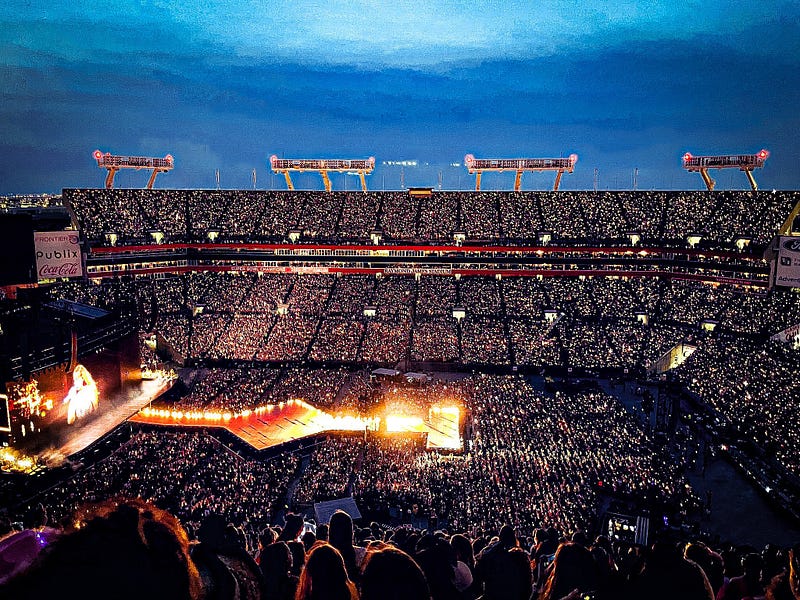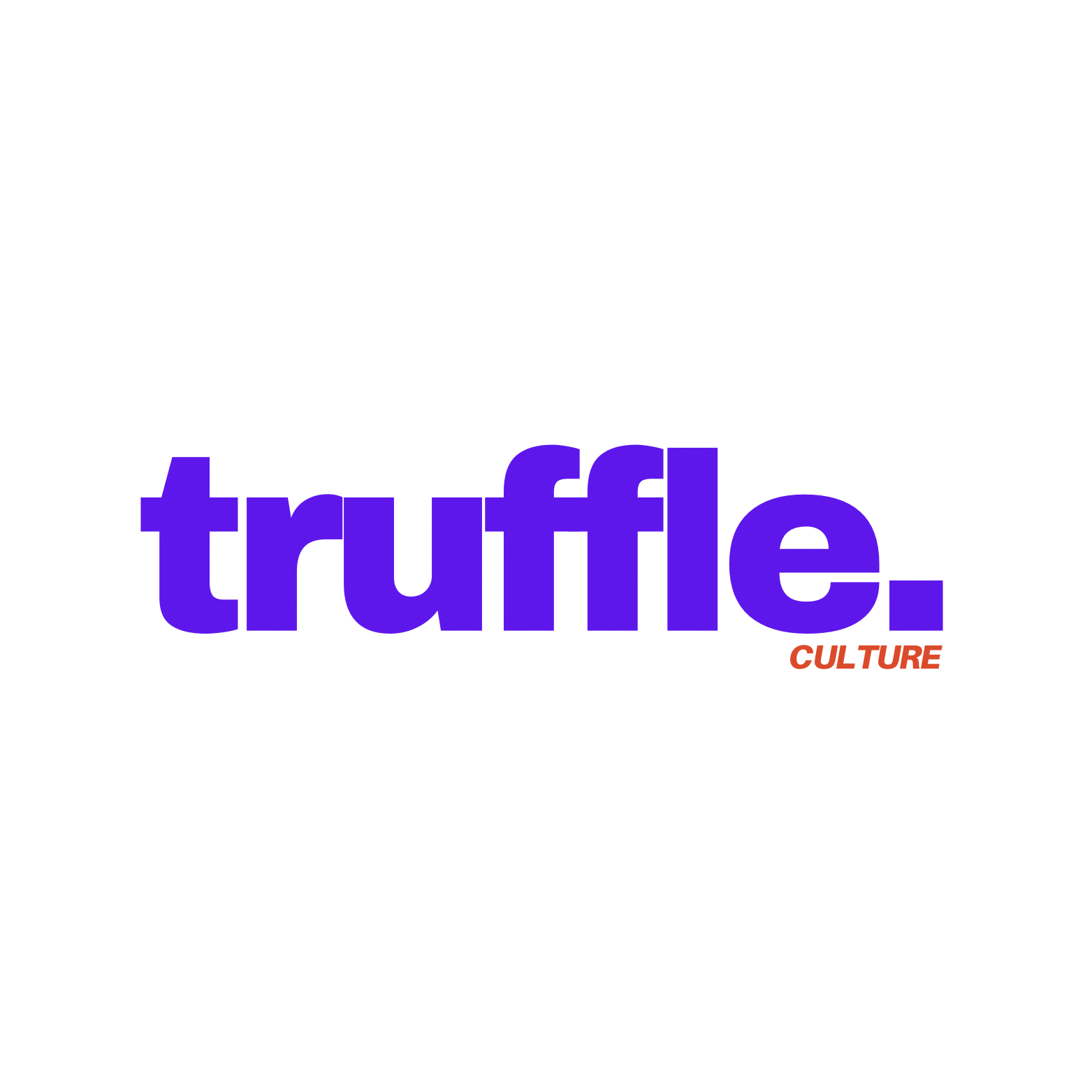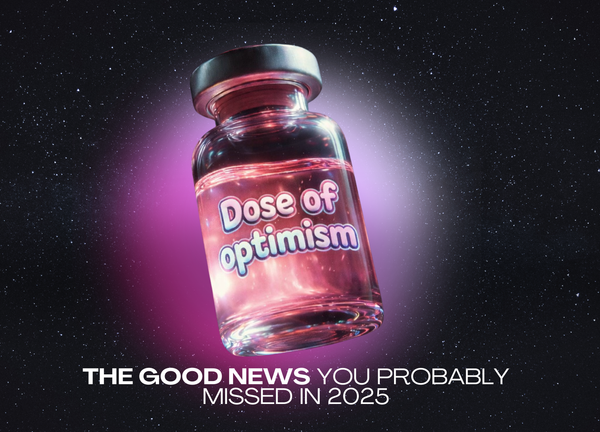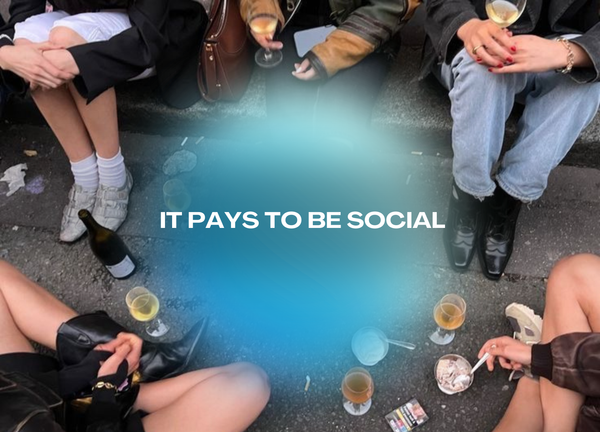The rise and rise of ticket sale carnage.
The live music ticket sales market has experienced an unprecedented recovery post-COVID, with sky-high demand and soaring ticket prices. This resurgence, however, has led to a growing consumer backlash against the industry’s pricing strategies.
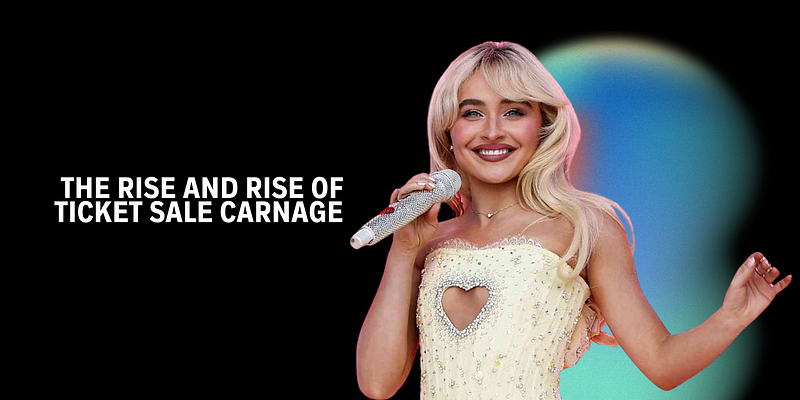
The live music ticket sales market has experienced an unprecedented recovery post-COVID, with sky-high demand and soaring ticket prices. This resurgence, however, has led to a growing consumer backlash against the industry’s pricing strategies.
This week saw the latest in a string of highly anticipated live music events, with Sabrina Carpenter’s ‘Short N’ Sweet’ 2025 tour igniting a frenzy among fans. The competition to secure tickets has been fiercer than ever, with prices skyrocketing above £350 and resale values climbing even higher. Fans have claimed that getting tickets for Sabrina’s tour has been more challenging than for Taylor Swift’s ‘Eras Tour’, a testament to the insatiable demand.
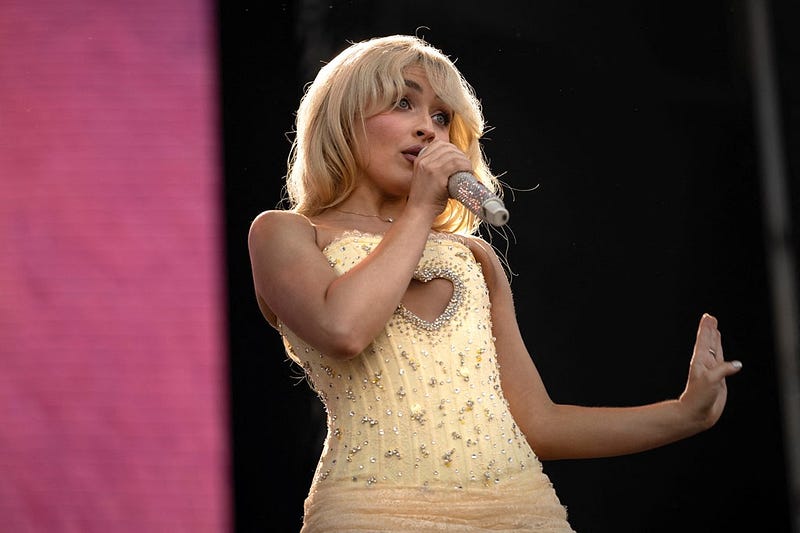
With the rise and rise of ticket sale carnage, there’s a burgeoning movement on social media to boycott music concerts. Fans are increasingly vocal about their frustration with exorbitant ticket prices, hoping to send a message to the industry that the current pricing trend is unsustainable.
The resilient rebound of the live music ticket sales market has been remarkable since the crippling effects of the COVID-19 pandemic. In 2020, the global entertainment landscape faced unprecedented disruption as concerts and festivals were universally postponed or canceled. The ramifications were stark: live music revenues plummeted, leaving venues silent and fans yearning for the return of live performances.
As restrictions eased, the industry saw a robust recovery. Live Nation, a major player in the live event sector, reported record-breaking attendance in 2023, with numbers soaring to 145 million, a staggering 20% increase from the previous year. This surge is a testament to the undiminished enthusiasm for live music, even after the prolonged hiatus imposed by the pandemic.
High-profile stadium tours from mega-artists like Taylor Swift and Beyoncé have driven this renewed demand. In 2023, ticket sales for the top 100 tours worldwide saw a remarkable 46% increase, generating $9.17 billion, a substantial rise from the $4.77 billion recorded in North America the previous year. Swift’s ‘Eras Tour’ alone made history by becoming the first to cross the billion-dollar mark in revenue, with expectations of further milestones in 2024.
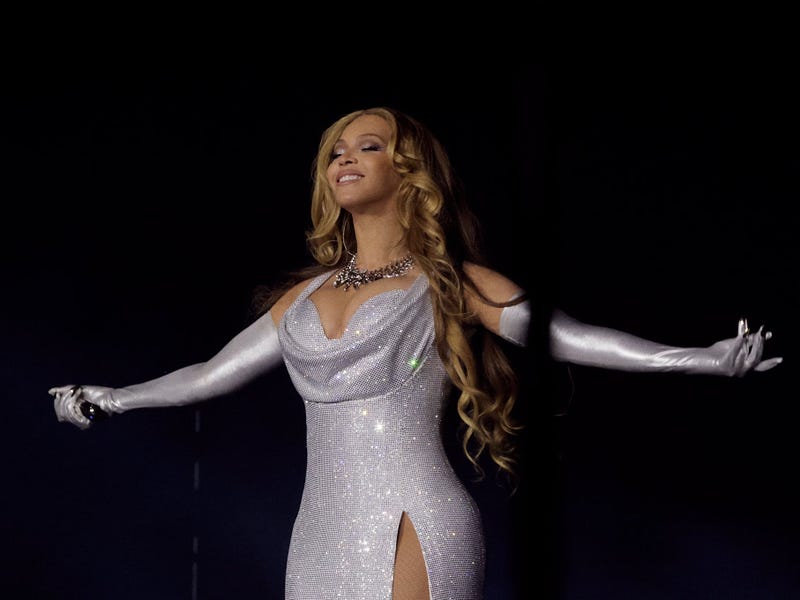
Looking ahead, the global live events market is projected to double by 2032, reaching an estimated value of $1.2 trillion. This optimistic forecast underscores the enduring appeal of live music and the potential for significant growth in the entertainment industry.
However, the surge in demand and ticket prices has sparked a growing backlash. Fans are increasingly taking to social media to express their dissatisfaction and call for boycotts of concerts to protest the skyrocketing costs. The sentiment is clear: while the love for live music remains strong, there is a pressing need for the industry to address the concerns over affordability and accessibility.
As we navigate this new era of live music, the challenge will be balancing the enthusiasm for in-person performances with fair pricing strategies that keep fans engaged and satisfied. The industry’s ability to adapt and respond to these consumer demands will shape the future of live entertainment.
